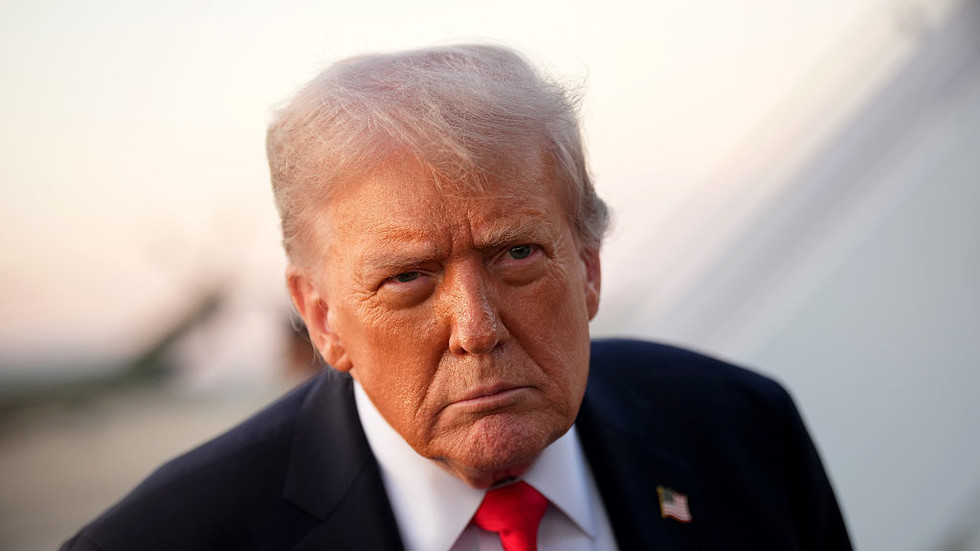The Ambassador of Nepal to the United Nations, Lok Bahadur Thapa, was on Thursday elected president of the Economic and Social Council (ECOSOC) at what he called a “historic moment” for his country and its enduring commitment to multilateralism.
Mr. Thapa said that the motto of his presidency will be “Delivering Better,” which requires strengthening partnerships and multilateralism to achieve more effective implementation of initiatives, including the 2030 Agenda adopted 15 years ago.
“Delivering better is not an option — it is an imperative. It is our pathway to restoring trust in multilateralism, bridging divides, empowering the most vulnerable and translating commitments into action,” he said.
Four vice-presidents were also elected for the coming year: Amar Bendjama (Algeria), Héctor Gómez Hernández (Spain), Wellington Darío Bencosme Castaños (Dominican Republic) and Paruyr Hovhannisyan (Armenia).
80 years of ECOSOC
The UN Economic and Social Council (ECOSOC) is one of the six principal organs of the United Nations, responsible for promoting international economic and social cooperation and development.
It has 54 member States, elected by the General Assembly for three-year terms on a rotating basis, with seats distributed by region.
ECOSOC coordinates the work of UN specialized agencies, commissions and bodies on issues ranging from sustainable development and human rights. It also serves as a central platform for fostering debate, forging consensus, and promoting action on global economic and social issues.
For Mr. Thapa, this body is central to shaping the world’s development agenda and ensuring that no one is left behind.
“ECOSOC is our place. It needs dedication, participation and active engagement of all UN membership and stakeholders,” he said.
Five ways to deliver better
While “delivering better” will be the motto of Mr. Thapa’s presidency, he outlined five specific areas upon which he and the Council will focus in the coming year.
With over 735 million people worldwide experiencing hunger, his first priority area is transforming agriculture to strengthen rural resilience and end hunger.
Digital entrepreneurship and youth engagement are tied to this — and are his second priority area. He noted the “youth bulge” in many developing countries which he said will be a powerful demographic asset if it can be taken advantage of.
Like ECOSOC presidents before him, his third priority area deals with climate action and resilience. This time, however, he would like ECOSOC to focus specifically on glacier lakes and floods.
His final two priority areas are reforming the international financial architecture so that it is more inclusive and commemorating the 80th anniversary of ECOSOC.
Mr. Thapa noted that he and ECOSOC’s membership will be working to achieve these challenges in the midst of multiple, interlinking crises including accelerating climate change, rising geopolitical tensions and decreasing trust in the multilateral system.
“These challenges are systemic and interconnected. They demand integrated, inclusive and forward-looking responses,” Mr. Thapa said.
Fix, repair, mend
Before Mr. Thapa’s remarks, Bob Rae, the outgoing president of ECOSOC and Canada’s Ambassador to the UN, reflected on his tenure. He acknowledged that the world is currently in a time of great hardship and genuine anguish.
But he said that it must be the job of ECOSOC — and UN Member States more broadly — to not only give voice to this anguish and hardship but to actually find solutions for it as well.
“We hear a lot in the UN discourse about how things are broken, how things have fallen apart, how things are unhinged … But our job is to fix, it’s to repair, it’s to mend, it’s to allow things to heal, it’s to make change happen,” Mr. Rae said.
Both Mr. Thapa and Mr. Rae affirmed that multilateralism can work and that ECOSOC should play a unique role in rewriting the narrative surrounding international cooperation.
“We must reaffirm our collective belief in the power of multilateralism — not as an abstract ideal, but as a pragmatic tool for delivering better outcomes for all,” Mr. Thapa said.
Where next?
Latest news
Read the latest news stories:
- In Myanmar, conflict and floods collide as UN warns of deepening crisis Thursday, July 31, 2025
- Gaza Strip: Humanitarians warn of worsening famine conditions, attacks on civilians Thursday, July 31, 2025
- World News in Brief: First UN mission to Syria’s Sweida, fresh displacement in Haiti, new lightning record Thursday, July 31, 2025
- Trade measures critical to ending plastic pollution Thursday, July 31, 2025
- ‘Delivering better’: New ECOSOC president emphasises climate action, food security Thursday, July 31, 2025
- Angola protests: UN urges restraint, investigations into deaths Thursday, July 31, 2025
- Russian attack on Ukrainian capital kills at least 11 civilians Thursday, July 31, 2025
- SECURITY COUNCIL LIVE: Meeting on the situation in Ukraine Thursday, July 31, 2025
- On brink of famine, Gazans forced to scour dirt for food Thursday, July 31, 2025
- World News in Brief: Violence in Somalia, cholera in Haiti, tax support for sustainable development Wednesday, July 30, 2025
Link to this page from your site/blog
Add the following HTML code to your page:
<p><a href="https://www.globalissues.org/news/2025/07/31/40508">‘Delivering better’: New ECOSOC president emphasises climate action, food security</a>, <cite>Inter Press Service</cite>, Thursday, July 31, 2025 (posted by Global Issues)</p>… to produce this:
‘Delivering better’: New ECOSOC president emphasises climate action, food security, Inter Press Service, Thursday, July 31, 2025 (posted by Global Issues)

 1 month ago
12
1 month ago
12










 English (US) ·
English (US) ·